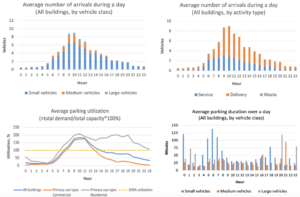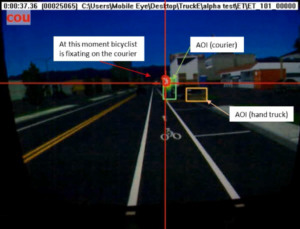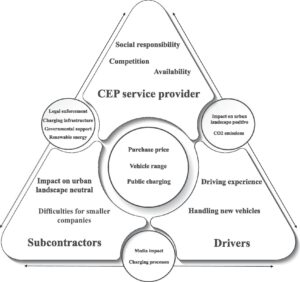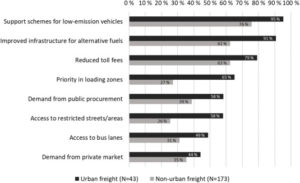New Direct Vision Standard and HGV Safety Permit Scheme in London
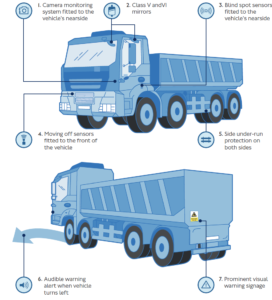
The Direct Vision Standard (DVS) and HGV safety permit scheme for heavy goods vehicles (HGVs) require operators of lorries over 12 tonnes of gross vehicle weight to obtain a safety permit before entering and operating in most of Greater London. If you hold an existing HGV safety permit for a zero, one, or two-star rated …


